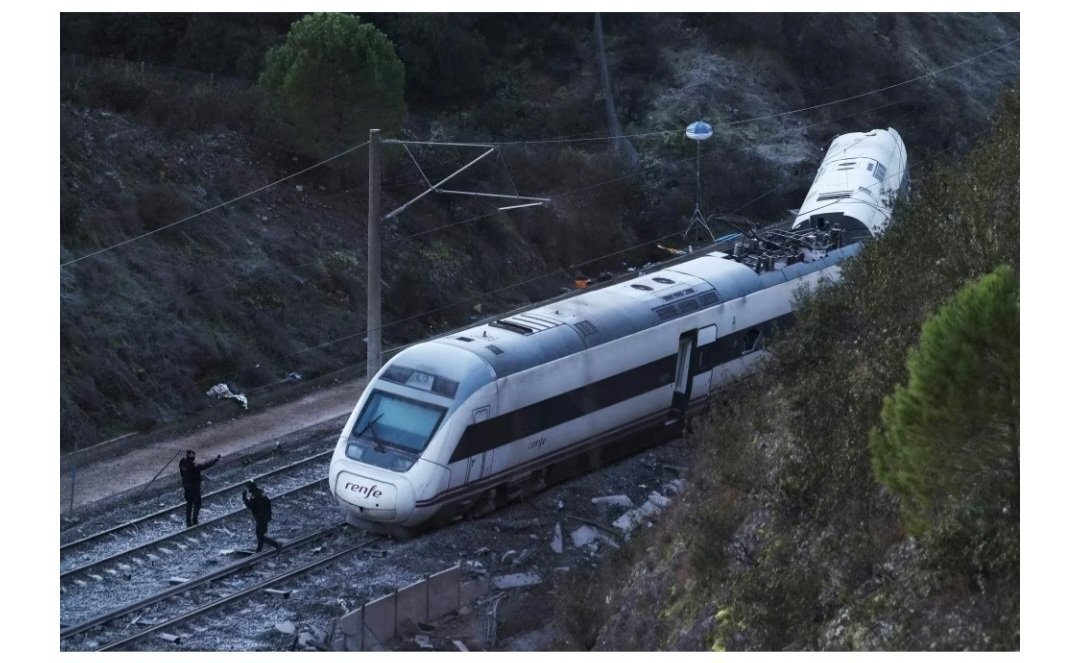
As the U.S. braces for the impact of sweeping tariffs proposed by President-elect Donald Trump, Americans are rushing to purchase cars, appliances, and other big-ticket imports. This spending frenzy, driven by fears of price hikes, could ironically exacerbate inflation—the very issue consumers hope to avoid.
Trump’s administration has announced plans to impose tariffs of up to 60% on Chinese imports and 25% on goods from Mexico and Canada, targeting the country’s three largest trading partners. These policies, expected to take effect early next year, have already prompted significant shifts in consumer behavior.
Consumers Fast-Track Purchases
Recent data shows a surge in spending, with Americans shelling out $3.6 billion more on vehicles and auto parts in November compared to the previous month. Similarly, electronics and appliances saw increased sales, driven by fears of impending cost spikes and repairs necessitated by Hurricane Helene.
“It’s clear that people are buying ahead,” said Diane Swonk, chief economist at KPMG. “The more you buy, the more you push up prices in anticipation of price increases.”
Deena Pryor, a Florida resident, expedited her car and appliance purchases following the election. “It just kind of clicked after the election,” said Pryor, 42. “We should go ahead and buy now.”
The trend extends to retailers, with outlets like AAA Appliances in Virginia reporting a sharp increase in sales. Owner Robert Pearson noted a quadrupling in demand for refrigerators and other household goods. However, he expressed concern about absorbing costs and ensuring customers aren’t overwhelmed by price hikes.
Inflation on the Horizon
Although inflation has cooled to 2.7% from a peak of 9.1%, federal data indicates November saw notable price increases for appliances and vehicles. Experts warn this could intensify once tariffs are implemented.
Federal Reserve Chair Jerome H. Powell acknowledged the uncertainty surrounding the economic impact of the proposed tariffs. “We don’t know what will be tariffed, from what countries, for how long,” Powell said, emphasizing the challenges in predicting consumer price effects.
Retailers and Small Businesses Brace for Impact
Major retailers like Costco, Walmart, and Lowe’s are also preparing for potential price surges. Costco is accelerating inventory purchases, while Walmart and Best Buy warn that increased import fees could drive up costs for everyday goods.
Small businesses, however, face a tougher challenge. Michael Spadaro, co-founder of Cork & Mill, noted that many smaller enterprises lack the capital to stockpile inventory, leaving them vulnerable to price hikes.
Economic Strain on Households
Analysts estimate the proposed tariffs could cost U.S. households an average of $3,000 annually, with low- and middle-income families bearing the brunt. These groups are less likely to have the resources to preemptively purchase goods, making them particularly susceptible to the financial strain.
For some, like Kristen Scalise in Philadelphia, the race to beat tariffs has meant reprioritizing purchases. “Literally the morning after the election, my first thought was: I’ve got to buy a refrigerator; I can’t wait until next year,” Scalise said.
Credit: Washington








